NOTE: This blog was originally published August 28th, 2023. It was updated on June 2nd, 2025 and the publish date updated.
"American-made water jets" are a prime example of quality, reliability, and innovation in a global economy that demands products built to high standards. In today's ever-evolving economic climate, the importance of American-made products has grown, especially for industries relying on unwaveringly precise and durable tools, like waterjet cutting systems. The shift toward domestic production is about resilience, cost-effectiveness, staying competitive, and patriotism.
The New Economic Reality for American-made Water Jet Systems
The importance of water jet systems made in the U.S. has evolved in today's global economy. Recent shifts in trade policies, inflation, and labor market changes have made domestic production more crucial than ever. Here’s what is different in 2025.
-
Trade Policy Changes
Recent changes in trade policies, such as tariffs, have made imported goods more expensive. The rising cost of imported parts and finished goods has incentivized U.S. manufacturers to focus on domestic production to avoid the increased expenses brought on by tariffs and trade restrictions. Buyers are showing strong support for domestic industries that are less vulnerable to the uncertainties of international alternatives.
-
Inflation and Interest Rates
Many businesses are turning to American-made solutions to maintain budget flexibility in the face of inflation and fluctuating interest rates. The cost-effectiveness of water jet systems made in America is increasingly appealing in an environment where global supply chains are strained and costs for imported goods are rising.
- Consumer Spending
Despite economic uncertainty, American consumers continue to prioritize quality and reliability. This demand for high-quality, American-made products extends to industries like water jet systems, where quality, precision, durability, and timely access to parts and services are essential.
-
Labor Markets
A strong, skilled workforce in the U.S. ensures that manufacturers can produce top-tier products. American-made water jet systems are manufactured to exacting standards, offering reliability that competitors from other regions may not match.
-
International Investment in U.S. Manufacturing
The growing trend of foreign companies investing in U.S.-based manufacturing facilities underscores the strength of American-made products and the stability of the U.S. market. This international confidence in American manufacturing enhances the value of water jet systems built here in the U.S.
What Does "Made in America" Mean?
From a legal perspective, the Federal Trade Commission (FTC) defines Made in America as follows:
For a product to be called Made in the USA or claimed to be of domestic origin without qualifications or limits on the claim, the product must be "all or virtually all" made in the U.S. The term "United States," as referred to in the Enforcement Policy Statement, includes the 50 states, the District of Columbia, and the U.S. territories and possessions.
What Does "All or Virtually All" Mean?
If it all sounds ambiguous, it is to a degree. Again, according to the FTC:
"All or virtually all" means that all significant parts and processing that go into the product must be of U.S. origin. That is, the product should contain no — or negligible — foreign content.
The FTC's definition encompasses every product attribute, from the raw materials used in components to final assembly. For example, suppose a manufacturer of heavy machinery hydraulic arms uses steel from a foreign country. In that case, it cannot use the Made in America label because the steel makes up a substantial part of the cost of manufacturing.
Therefore, to legitimately (and legally) say a product is Made in America, “all or virtually all” of the product must:
- Use American raw materials
- Use American-made components, parts, and pieces
- Be assembled in a facility on American soil with American labor
What are the Benefits of a "Made in America" Product?
Making a product American content, materials, and labor benefits both the Country as a whole and the purchaser Manufacturing jobs, particularly skilled ones, pay substantially higher on average than the service sector. Since consumer spending still drives our economy, keeping the jobs here perpetuates the cycle. Also, manufacturing prompts innovation in production systems and product technology and is necessary to stay competitive. Finally, when total industries are off-shored, American businesses, national defenses and consumer safety may be seriously comprised.
But what’s the advantage to you as a buyer? Let's look at how you, as a buyer, benefit when you purchase a Made in America product.
Quality
Post World War II, American products were indisputably best in class globally as the war machine developed statistical process controls and methodology to eliminate defects. However, as mass production became more prevalent with America’s newfound wealth and other countries, particularly Japan and Germany, improved their own systems the quality gap closed.
Quality has re-centered as a differentiator for leading American companies. US schools are still a magnet for engineering and technology students from around the globe. Greater automation is used in combination with skilled labor to produce high quality components consistently. And world class companies comply with the ISO 9001 quality standards, a demanding certification to earn and retain and on in which low-cost offshore manufacturers do not invest in and follow these quality standards..
The truth is that the Made in America stamp means you are buying some of the highest-quality products in the world.
Safety and Fitness for Purpose
American products must undergo strict safety testing by independent organizations like Underwriter's Laboratories (UL Solutions) and Factory Mutual (FM Approvals), not to mention OSHA and ANSI. The product must pass extremely rigorous testing processes to be allowed to put UL and FM logos on a label. In addition, these organizations visit the manufacturing facility in many situations to verify that the company follows the approved production processes and takes samples to prove continued compliance.
Fitness for purpose is a legal construct that states,
"...goods or services must be capable of being used for the purpose for which they were purchased."
Low-cost manufacturers may take shortcuts and use inferior quality components or parts rated for lighter duty. This can be frustrating when the product fails early in its service life and is dangerous to the users.
Shorter and More Secure Supply Chains
As the pandemic demonstrated, supply chains are crucial to sourcing and receiving the materials and components needed to build a product and to fix one when it breaks. The longer the supply chain, the more vulnerable it is to disruptions and delays, requiring a company to purchase and carry substantially higher levels of inventory. Sourcing parts from within America shortens the supply chain substantially and increases its convenience, stability, and resilience as well as reduces working capital requirements.
Sourcing parts locally is pivotal in manufacturing and supporting products after the sale. Parts nearby mean shorter downtime of critical machinery and processes. During the pandemic, long supply chains suffered from extended parts lead times, parts becoming classified as "Out of Service," and significant price increases.
Skilled Workers and Ethical Labor Practices
American workers are among the most skilled in the world. And, with our labor protection laws, companies must provide healthy and safe working conditions, employ people of the proper age, and pay them a decent wage.
Cheap labor was, and still is, a fundamental reason for American manufacturing jobs going offshore. Without digging into the topic too deeply, anecdotal evidence indicates that many offshore companies' pay scales are a fraction of those in our Country and their labor practices and working conditions can be atrocious.
Environmental Benefits
The USA has continued to emphasize its commitment to clean air and water and pays close attention to it. Environmental standards in many markets mean just the opposite. Purchasing close to your operation reduces the emissions generated by getting the parts from their facility to yours. The same benefits apply if you use raw materials sourced locally.
The Bottom-Line Advantages of "Made in America" Water Jet Systems
Using Made in America products can significantly impact your bottom line:
- Shorter lead times for products, consumables, maintenance, and repair parts mean lower inventory levels and associated expenses.
- The certainty of parts availability helps provide higher service levels as the components needed can be supplied more quickly.
- Shorter lead times improve production flexibility and reduce downtimes, minimizing the financial impact of a vital piece of equipment sitting idle due to a lack of parts.
- They enable your business to grow and expand faster because the products are available more quickly.
We understand that in some instances, such as electronics, there may not be a local manufacturer, and a foreign source is required. We also appreciate that the global supply chain remains critical to many industries and companies. Buying American-made water jets or other capital equipment is not the be-all and end-all solution for smoothly operating processes. Still, making it part of your risk mitigation strategy is increasingly important.
Does the FTC Certify "Made in America Claims"?
The short answer is no: it only requires companies to provide proof for automobiles, wool, textiles, and fur products. Any other manufacturer can label its products as Made in America without supplying evidence of the claim to the FTC. It is akin to the honor system, but there are penalties for making false claims. However, nothing happens until someone calls attention to the false claim.
Express and Implied "Made in America" Claims
Companies can make either express or implied Made in America claims. Express claims are unequivocal statements that the product is “Made in America” per the FTC definition. If ever challenged to prove their claims, these companies must supply "competent" proof and supporting evidence. This includes the cost of goods sold, inventory, labor, overheads, etc.
Then, there are the implied claims. These are worded to "imply" that a product is “Made in America” without claiming that attribute outright. Companies can legitimately claim "Assembled in America" when substantial final assembly using foreign components shipped to the plant takes place on American soil. Still, that label means something different than "Made in the USA."
Other versions of implied claims include:
- Engineered in America
- Built with American Quality
- American Built
- Designed in America
The key to deciphering claims is the wording. If the label does not say either “Made in America” or “Made in the USA,” using those exact words, you can assume with a high degree of certainty that the product does not satisfy the “Made in the USA” requirements.
How Do You Know if a Claim is Legitimate?
If one of our competitors makes a "we are too" claim about being Made in the USA, take a close look at how they make the claim, as discussed earlier. Even if phrased the right way, ask them for a breakdown of the origin of their components and what percentage of their final product is foreign made, then compare that data to Jet Edge. We think we will beat them every time.
For More Information
The FTC works for the consumer to prevent fraudulent, deceptive, and unfair business practices in the marketplace and to provide information to help consumers spot, stop, and avoid them. To file a complaint or to get free information on consumer issues, visit ftc.gov or call toll-free, 1-877-FTC-HELP (1-877-382-4357); TTY: 1-866-653-4261. The FTC enters consumer complaints into the Consumer Sentinel Network, a secure online database and investigative tool used by hundreds of civil and criminal law enforcement agencies in the U.S. and abroad.
Additional Articles
Modern Machine Shop: Random Thoughts About Reshoring and Buying American
All American Made: 27 Reasons Why Buying American Made Products Matters
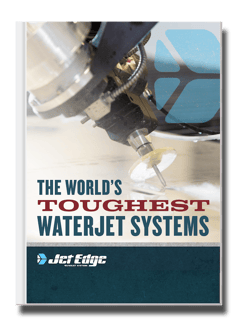
Check Out Our Digital Brochure!
Since 1984, Jet Edge has been designing and manufacturing Ultra-High-Pressure Water jet technology that doesn't back down. Our systems are used around the world in a broad range of industries from the world's leading airlines, to automotive, aerospace and industrial manufacturers, and machine job shops.
To learn more about the Jet Edge difference, our water jet motion systems, pumps and much more, click the button "Download Brochure" to get it now!

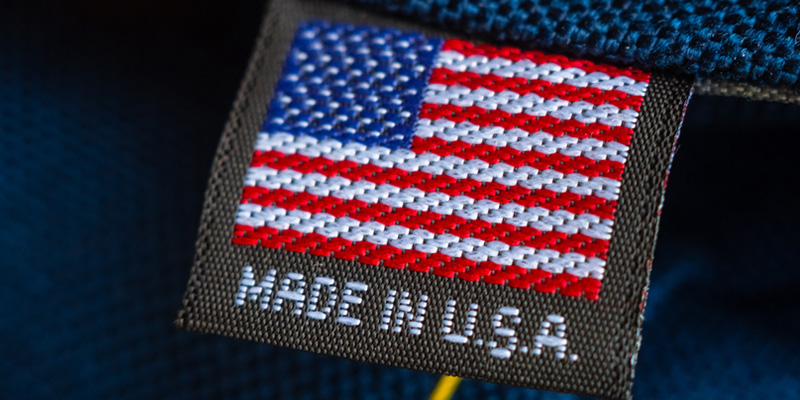

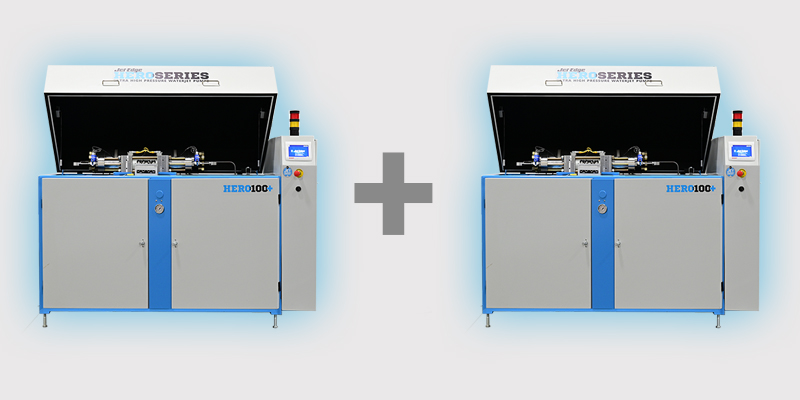

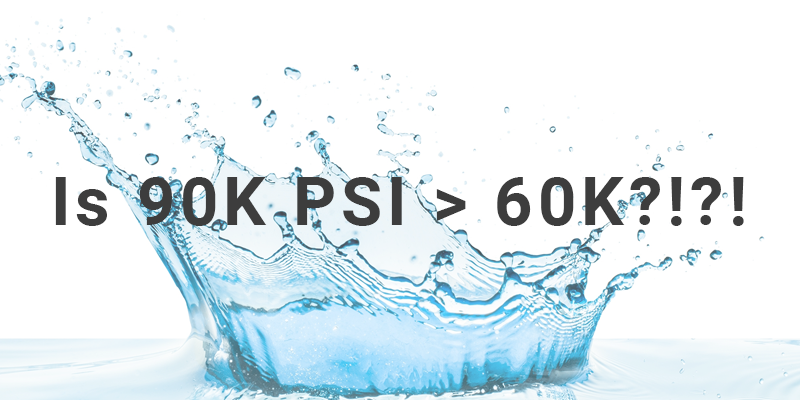
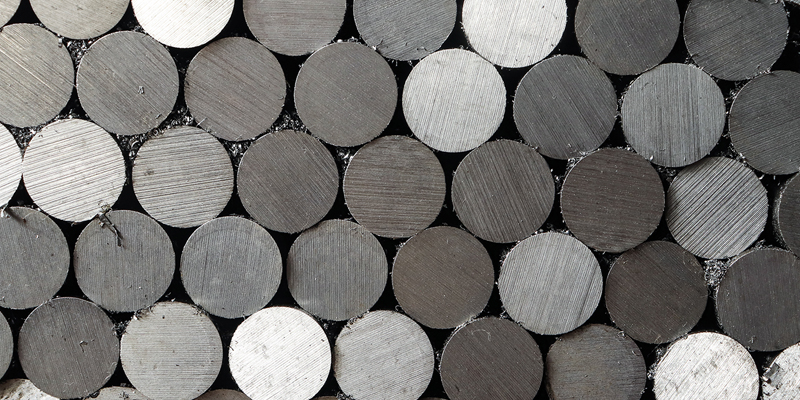
%20-%20Jet%20Edge%20Waterjets.png)



